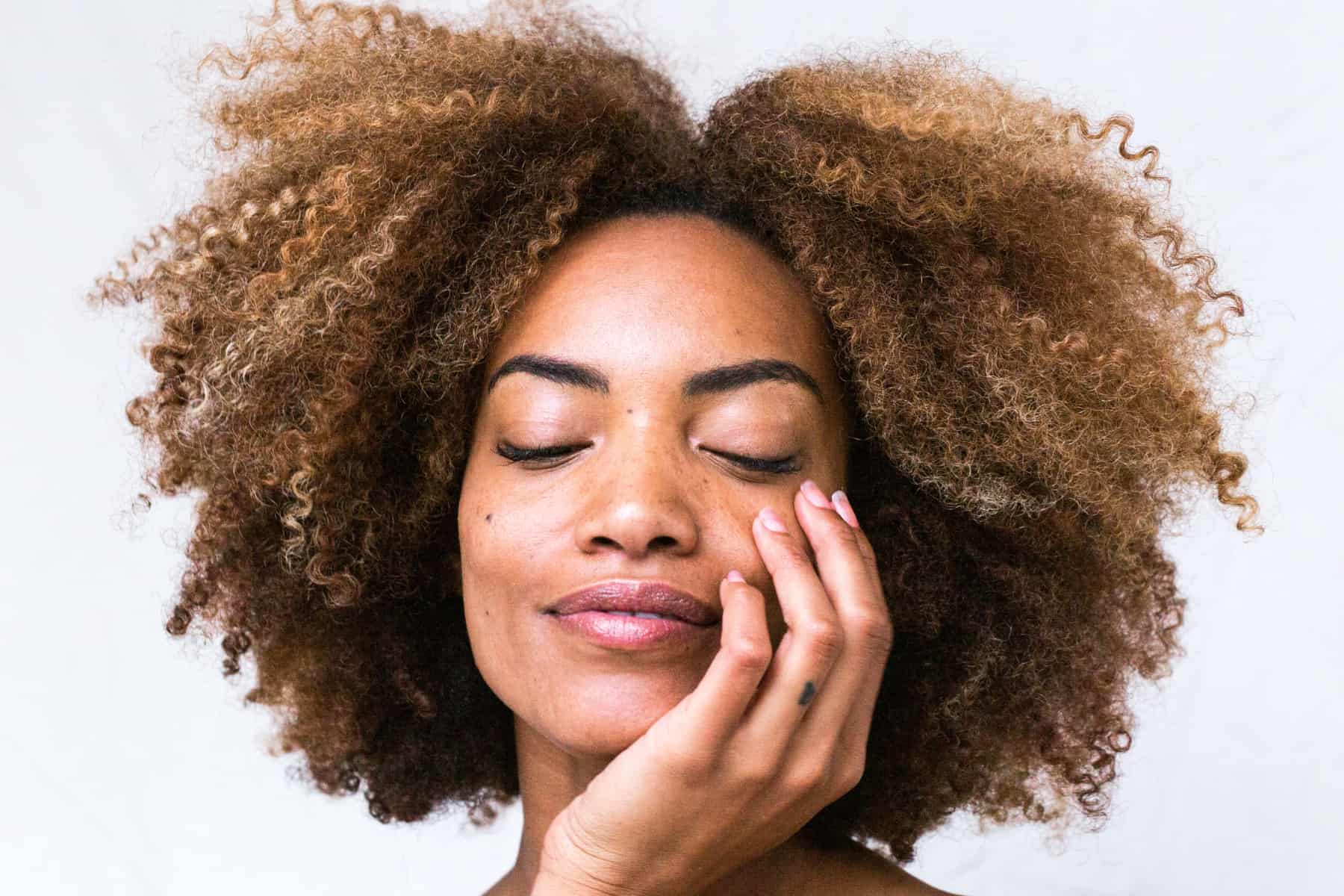Help! I’m losing my hair!
Women of all ages experiencing hair loss have told me this is an extremely upsetting condition. For some it can even have a negative impact on their quality of life. If this is happening to you, what can be done about this?
Well, it depends on the cause. I like to use the approaches of Chinese medicine along with functional medicine to figure out the cause and help the hair grow.
There can be many reasons for a woman losing too much of her hair. The first thing to notice is–where is the hair being lost? Is it all over, or in certain areas of the head such as the front hairline? Is it only in one area, creating a bald patch?
Hair goes through different phases of growth, so there is usually a delay of a couple of months after something stressed out the hair cycle before you start to see it falling out excessively. By the same token, it’s important to be patient with any changes you make in your diet or treatments, because it can take several months to start to see those changes reflected in your hair growth.
Could stress be a factor?
Both sudden stress, such as a traumatic event, or long-term stress can cause more of your hair follicles to go into a “resting state” in which they stop growing for a while. It can take many months for the hair to recover, but this type of hair loss is not permanent. It’s your body trying to conserve energy while it repairs any damage from a stressful event. If stress is an underlying cause, then everything you can do to manage stress and support your body will help your hair, too.
It’s a good idea to visit a medical doctor to see if you have an underlying medical condition. You can start with your primary care doctor, who may refer you to a dermatologist, gynecologist or endocrinologist. Medical conditions can include autoimmune disorders, thyroid disorders, and hormonal imbalances such as polycystic ovary syndrome (PCOS).
Is it your hormones?
Hormonal imbalances are drivers of a lot of cases of hair loss. In PCOS, you might see what is called androgenic, or “male pattern” hair loss around the front hairline, along with oily hair. In menopause or perimenopause, there could be dry and brittle hair with thinning hair all over the head. Chinese herbal medicine is my favorite way of working with female hormonal imbalances, because it works so well.
Speaking of hormonal imbalances, certain types of birth control pills can have an effect on the hair. Even going off the pill can cause temporary hormonal changes that can lead to hair loss as your body adjusts.
Inflammation can play a role in hair loss by making the hair follicles more sensitive to hormones, especially androgens. Androgens are male hormones that women have, too—but if these are overactive, it causes havoc in the skin and hair.
How are nutrition and gut health related to hair?
Iron is important for healthy hair, and heavy periods are one common cause of iron deficiency. Zinc is another key player in hair health. Some women either don’t get enough iron or zinc from their diet, or they are not absorbing these minerals well.
If you have been drastically cutting calories or recently switched to a new type of diet (such as starting a vegan, low-carb or paleo diet), this could be having an impact on your hair.
The gut microbiome has been linked to skin health through the gut-skin axis, but there has not been as much research yet about the impact of gut health on hair. I think we will be seeing more on this topic soon! A key principle in functional medicine is to look at the body as a whole system. The hair follicles have to be nourished for the hair to be able to grow.
If your gut is not absorbing nutrients from your diet efficiently, then they don’t have a chance of reaching your hair! Hair can reflect the health of the whole body. That is one reason why it is so upsetting to lose hair, which has long been a sign of health and a symbol of beauty and vitality.
How can Chinese Medicine help?
For Chinese medicine, hair loss can also have a wide variety of causes. Dull, dry hair is a sign of a condition called Liver Blood Deficiency in Chinese medicine. The blood nourishes the hair, so there could also be Stagnation of Qi or Blood which blocks the nourishment of the hair follicles. Another cause could be Kidney Deficiency, which would involve a deeper deficiency and could be a consequence of genetic influences or long-term stress.
The names of these conditions might sound strange because of the unique language of Traditional Chinese Medicine. There are herbal formulas that have been traditionally used to help with these underlying causes of hair loss. If you are choosing an herbal or supplement formula “for hair,” it’s like throwing darts to see where they land. It’s important to get a diagnosis from a trained practitioner who can help you benefit from Chinese herbal medicine safely and effectively.
The bottom line is that healthy hair is connected to the health of your whole body. It’s important not to overlook hormonal, gut, and immune system health as you search for solutions. I have seen so many women who are frustrated over hair loss—and it can be heartbreaking. Don’t give up! There is hope. If you take away just one thing from this blog post about hair, let it be that taking steps to upgrade your health is the place to start to achieve your dream of luxurious hair growth.

